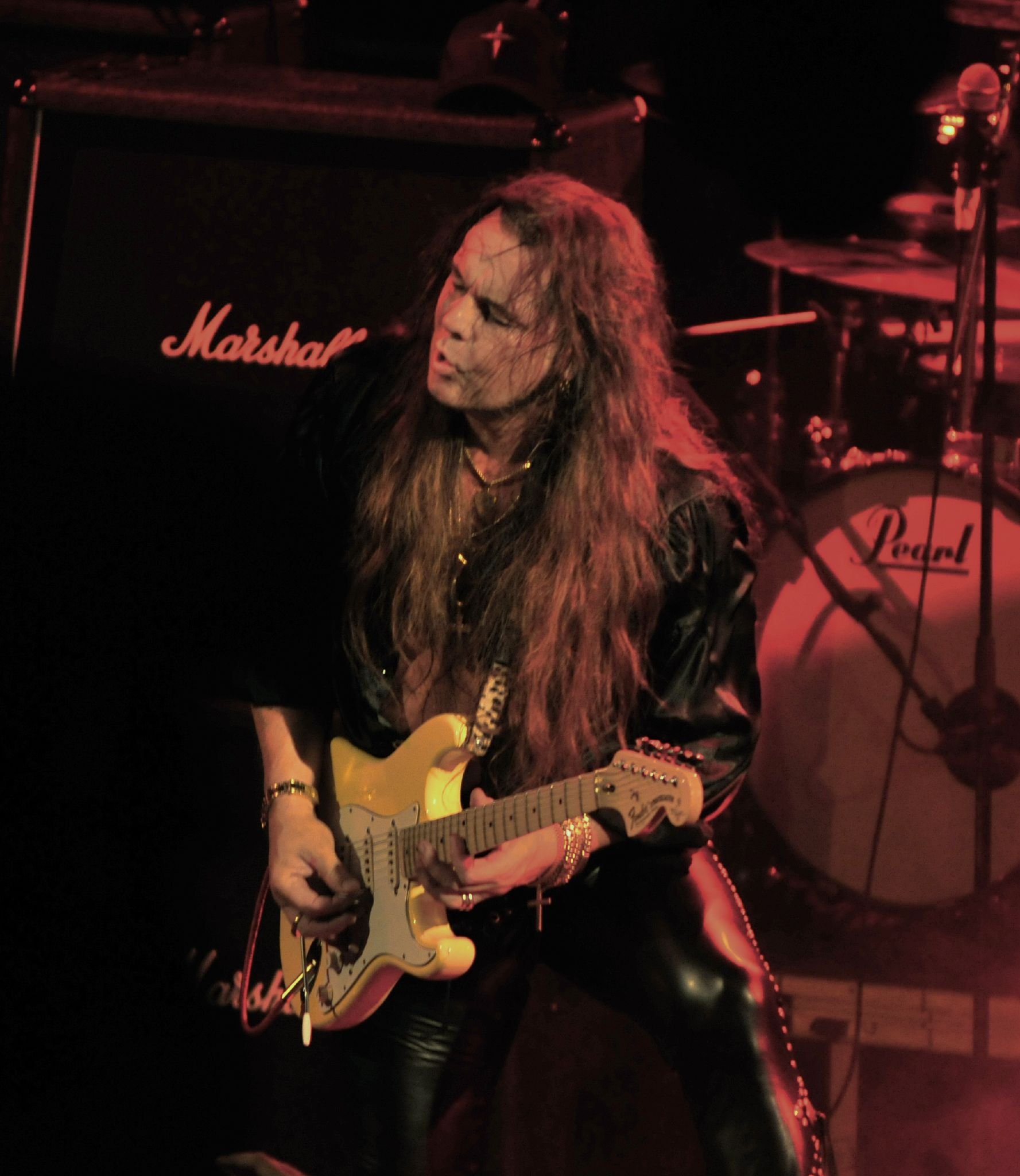100 Greatest Guitarists
They built their own guitars, stabbed speaker cones with pencils, shattered instruments and eardrums — all in search of new ways to make the guitar cry, scream, whisper, shout and moan
3. B. B. King
The self-proclaimed “Ambassador of the Blues” has become such a beloved figure in American music, it’s easy to forget how revolutionary his guitar work was. From the opening notes of his 1951 breakthrough hit. “Three O’ Clock Blues,” you can hear his original and passionate style, juicing the country blues with electric fire and jazz polish. King’s fluid guitar leads took off from T-Bone Walker. His string-bending and vibrato made his famous guitar, Lucille, weep like a real-life woman. It was the start of a hugely influential blues-guitar style. As Buddy Guy put it, “Before B.B., everyone played the guitar like it was an acoustic.”
King grew up on a Mississippi Delta plantation and took off in 1948, at twenty-three, for Memphis, where he found fame as a radio DJ on WDIA and earned the nickname “Beale Street Blues Boy.” Along the way, he picked up a uniquely eclectic vision of the blues, blending the intricate guitar language of country blues, the raw emotion of gospel and the smooth finesse of jazz. His Fifties classics ”” “Every Day I Have the Blues,” “Sweet Little Angel,” “You Upset Me Baby” ”” are tender as well as tough, and 1965’s Live at the Regal remains one of the hottest blues-guitar albums ever recorded. King remains unstoppable, touring hard and cutting albums such as his recent Eric Clapton collaboration, Riding With the King.





